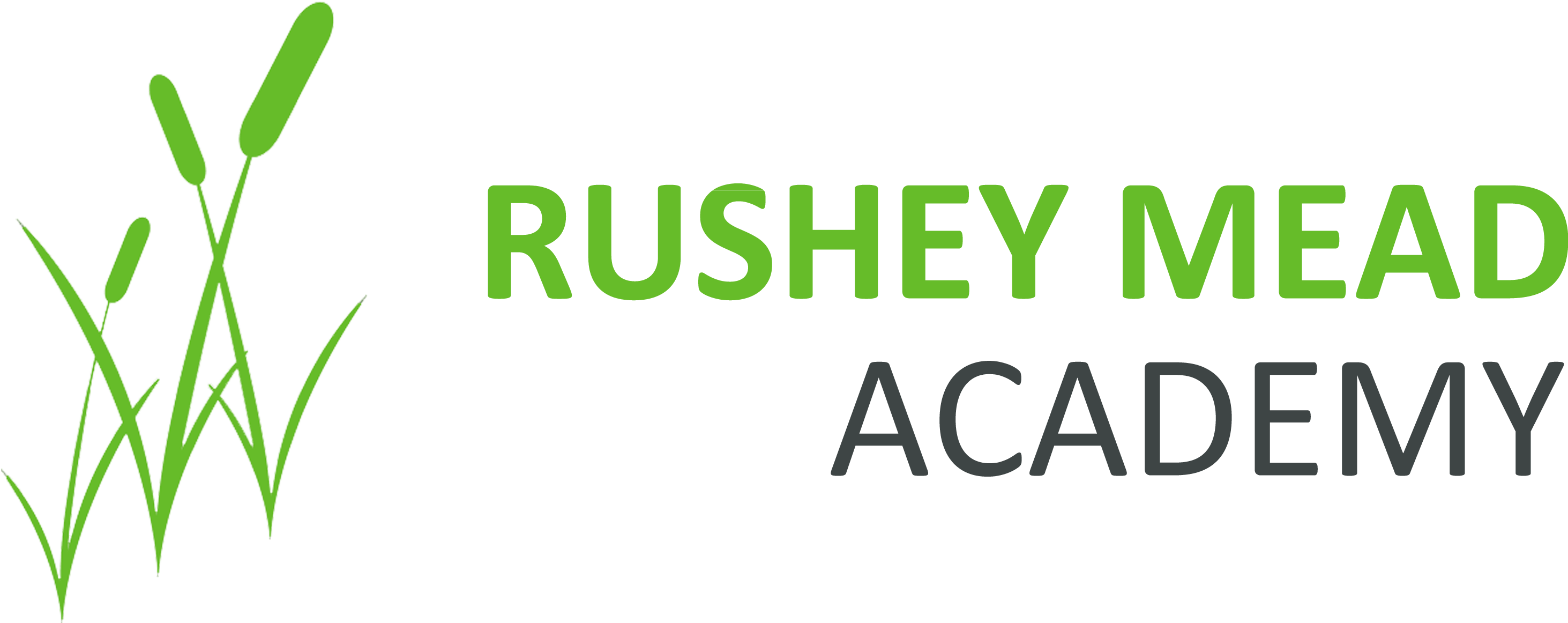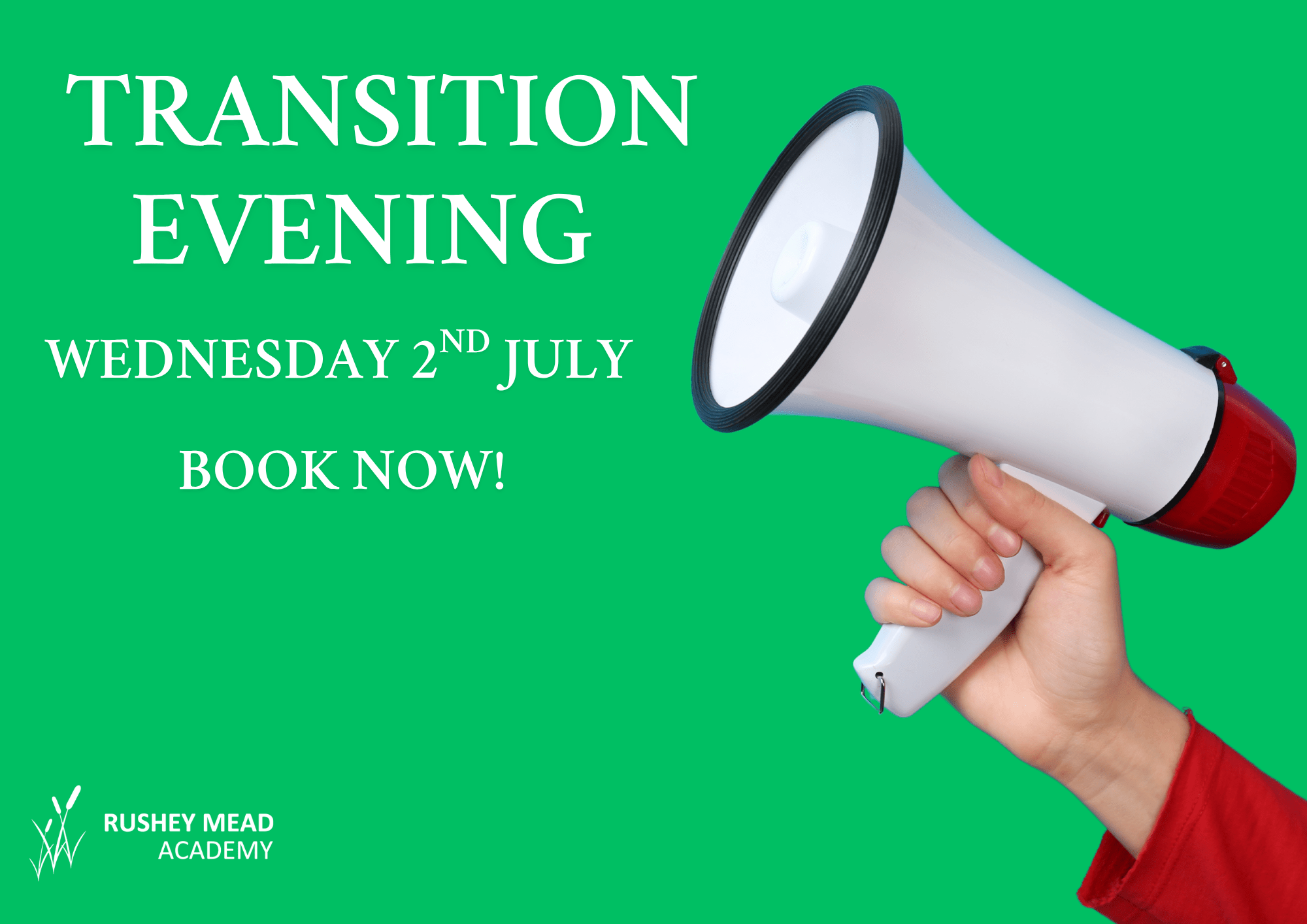Quotes
“An expert is a man who has made all the mistakes which can be made, in a very narrow field” – Niels Henrik David Bohr (1885 – 1962)
“No human investigation can be called real science if it cannot be demonstrated mathematically.” – Leonardo da Vinci (1452 – 1519)
“Pure mathematics is, in its way, the poetry of logical ideas” – Albert Einstein
“Do not worry about your difficulties in Mathematics. I can assure you mine are still greater.” – Albert Einstein (1879 – 1955)
“Anyone who has never made a mistake has never tried anything new.” – Albert Einstein (1879 – 1955)
“Nothing in life is to be feared, it is only to be understood. Now is the time to understand more, so that we may fear less.” – Marie Curie (1867 – 1934)
Purpose
The mathematics curriculum at Rushey Mead Academy provides a foundation for students to understand the world, reason mathematically, appreciate the beauty and power of mathematics, and develop a sense of enjoyment and curiosity about the subject. Throughout their time at Rushey Mead Academy, students develop a deep appreciation of mathematics as essential to everyday life, critical to science, technology and engineering, and necessary for financial literacy and most forms of employment.
Faculty Staff
Louise Bridges [email protected] (Curriculum Leader)
Adam Smith [email protected] (Second in Maths)
Sunera Nawab [email protected] (Second in Maths)
Chandni Gadhia [email protected] (Lead Teacher Leader:Economics)
Smita Makadia [email protected]
Tabz Sayani [email protected]
Sonal Patel [email protected]
Chris Bradley [email protected]
Pearl King [email protected]
Victoria Barwell [email protected]
Zainab Umarji [email protected]
Tasneem Rashid [email protected]

